PSPC, PPSA, and Letran’s forum on the “Bagong Pilipinas” vision
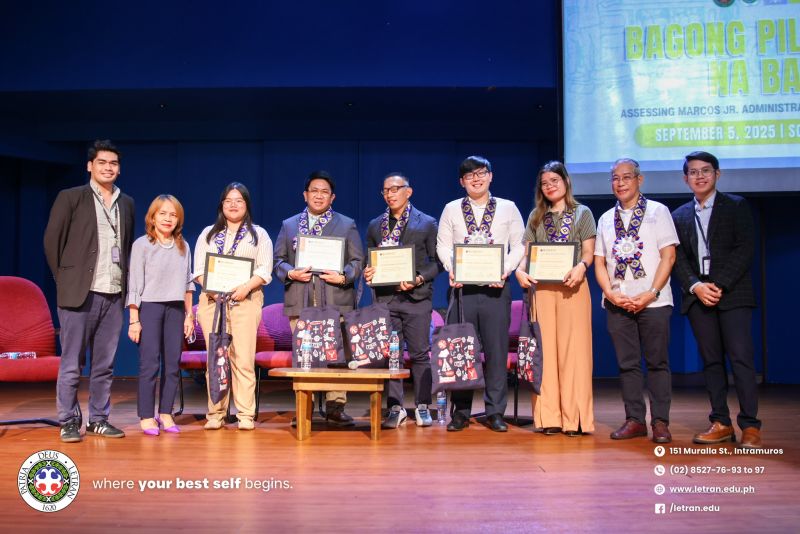
The forum titled “Bagong Pilipinas na ba? Assessing the Marcos Jr. Administration’s Performance,” held at Colegio de San Juan de Letran on September 5, 2025, brought together participants from various sectors and universities to discuss the administration’s progress at its halfway mark. Discussions centered on governance, economic development, foreign policy, and institutional reforms. Organized by the UP CIDS Program on Social and Political Change (PSPC) and the Philippine Political Science Association (PPSA) in partnership with Colegio de San Juan de Letran, the event featured speakers assessing the administration’s performance three years into President Ferdinand Marcos Jr.’s term. The question and answer part of the event was a lively exchange with students from FEU, CEU, Letran, the University of Muntinlupa, De La Salle University, and more.
Dr. Reynold D. Agnes, PPSA President, opened the forum by asking whether there is “an old Philippines,” and why discussing the “Bagong Pilipinas” question is important and relevant in the current socio-political milieu.
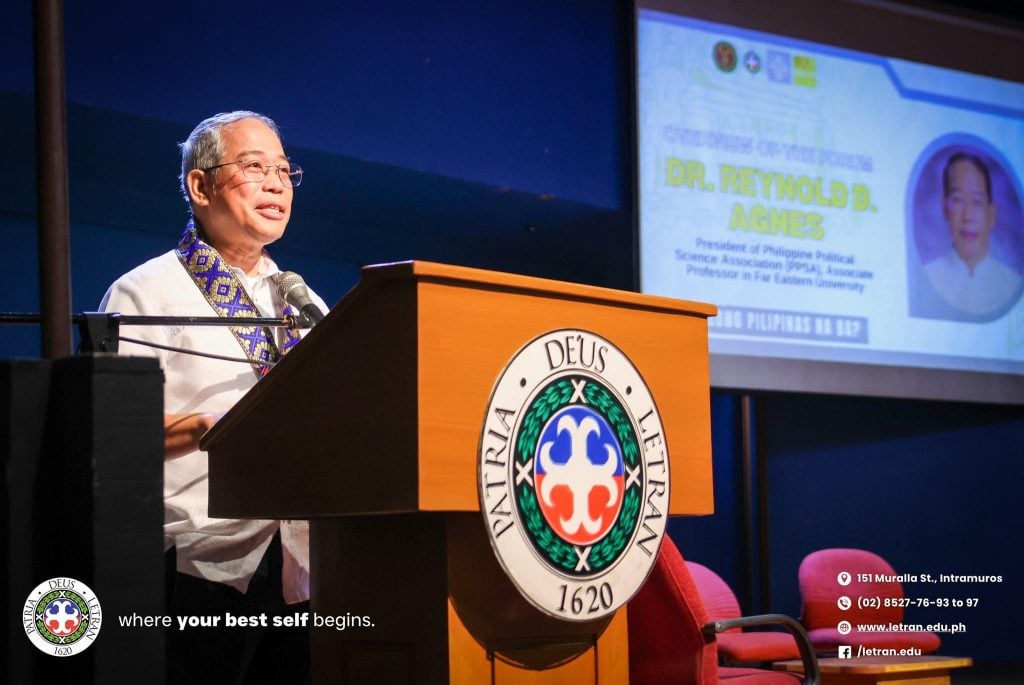
On foreign policy and its economic implications, Prof. Gilda Quiñones of Letran responded to a query about the Philippines’ strategic positioning between the United States and China, emphasizing that the country is “not overdependent on traditional allies” and is actively diversifying partnerships through ASEAN and engagement with other powers. She noted that “we don’t have a choice” given geopolitical realities, but stressed efforts to maintain strategic autonomy while balancing economic interests.
The discussion also underscored concerns about China’s “unfulfilled economic pledges” and how the Philippines navigates a dual-track strategy of balancing diplomacy with military readiness without undermining economic relationships. Citing the presentation, one student noted that defense spending increased from 205.6 billion pesos in 2021 to 254.1 billion pesos in 2024, raising questions about resource allocation priorities.
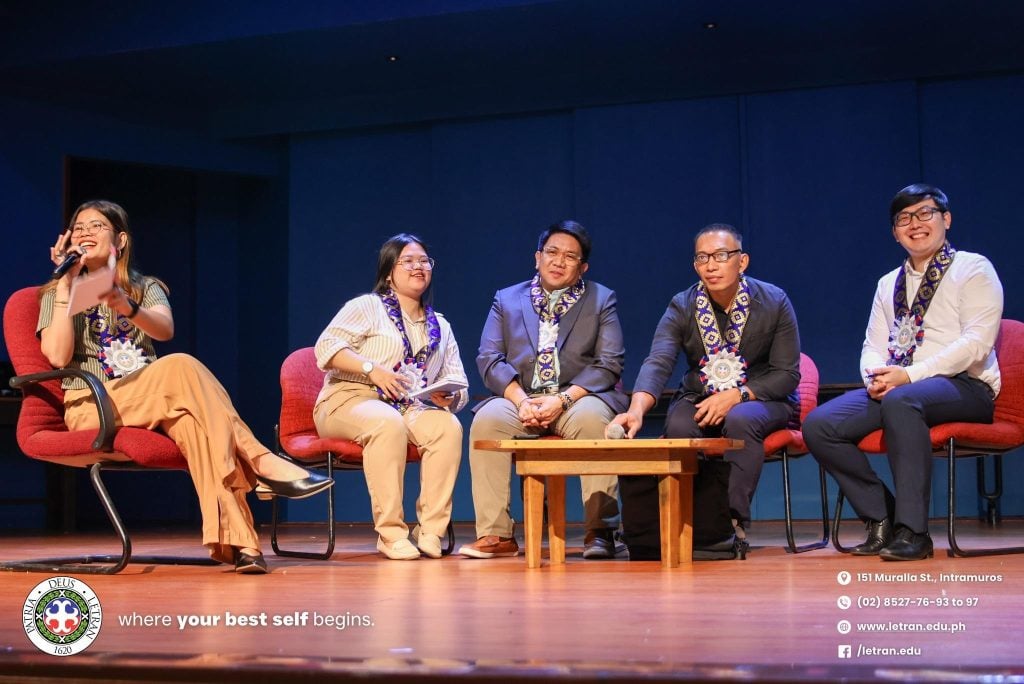
Prof. Wayne Winter J. Uyseco of FEU addressed economic development concerns, while the panel collectively noted that corruption directly affects foreign investment. The discussion highlighted the importance of policy coherence and coordination in social service delivery and investment promotion, as well as how corruption erodes investor confidence in the Philippines.
When asked about Congress’s obligation to follow the President’s agenda despite being co-equal branches, panelists explained the complex relationship between executive priorities and legislative independence, particularly regarding budget allocation and economic legislation. They noted how the recent midterm elections have altered congressional dynamics, potentially affecting the administration’s economic agenda.
Dr. Ederson Delos Trino Tapia of the University of Makati and President of Philippine Society for Public Administration addressed concerns about the concentration of civil servants in Metro Manila, arguing for a more equitable national distribution to improve service delivery across provinces. He emphasized that decentralization must be accompanied by adequate resources and capacity-building at the local level, noting the economic inefficiencies of the current system.
Students pressed the panel on how recent corruption scandals, including the DPWH issue and other controversies, would affect the country’s economic future and international credibility. Dr. Rogelio Alicor L. Panao, convenor of PSPC and faculty from UP Diliman noted that corruption remains high despite anti-corruption initiatives and emphasized the need for sustained institutional reforms beyond the current six-year term.
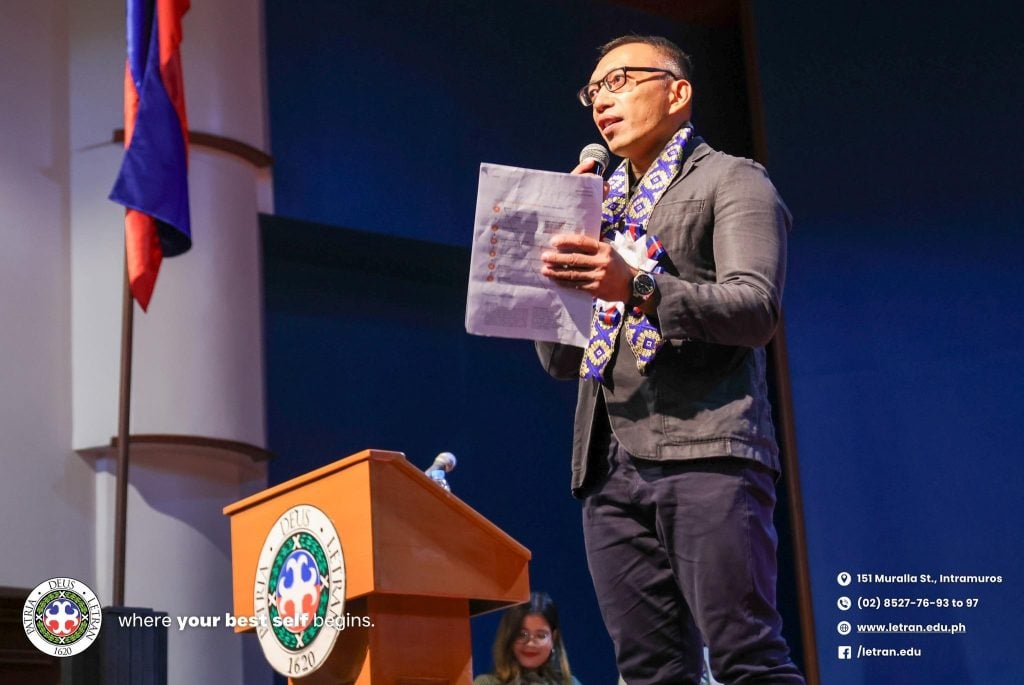
Students also challenged the panel on whether meaningful reform can emerge from citizen initiatives rather than top-down government programs. Speakers encouraged continued engagement, noting that the 2022 elections showed that the youth can bring forth change if they continue vigilance and participation in politics. Further stressing the importance of youth engagement in government.
One student asked when Filipinos might move beyond social media complaints to mobilize in the streets, as Indonesians have done regarding corruption. Panelists acknowledged differences in political realities and culture while emphasizing that sustained civic engagement through multiple ways are essential for change.
The forum also tackled questions about the judiciary’s role in the “Bagong Pilipinas” vision, touching on the recent Supreme Court decision regarding VP Sara Duterte’s impeachment and their implications for governance. Panelists stressed the importance of judicial independence and that rethinking could be possible.
Overall, the forum underscored that while the administration has made progress in certain areas, significant challenges remain. Particularly, addressing corruption’s impact, ensuring equitable development, maintaining foreign policy balance while protecting economic interests, and achieving sustainable growth. These issues are likely to persist and define the remaining three years of the Marcos Jr. presidency.
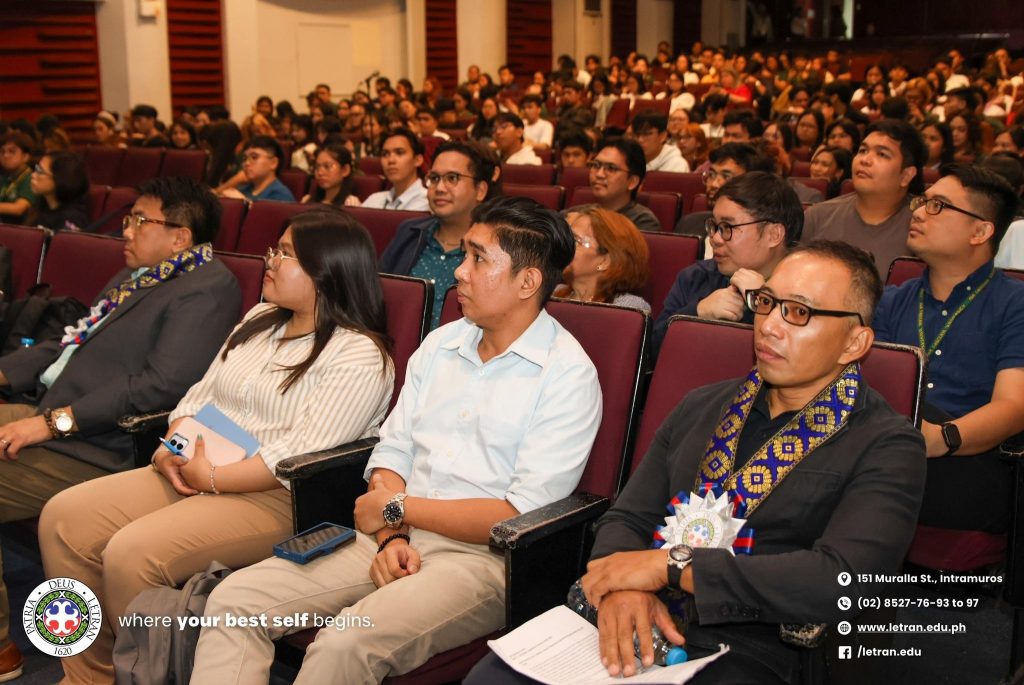
The participation from multiple universities also demonstrated strong youth interest in governance and economic issues, with students posing informed questions further into judiciary, accountability processes, infrastructure development, and the trajectory for achieving “Bagong Pilipinas” goals.
About the Organizers:
The Program on Social and Political Change (PSPC) provides a platform for understanding social and political challenges facing modern Philippine society. The Philippine Political Science Association (PPSA) is the premier professional organization advancing political science scholarship in the Philippines. Colegio de San Juan de Letran is an academic institution committed to academic excellence and civic engagement since 1620.
All photos are credited to Colegio de San Juan de Letran.